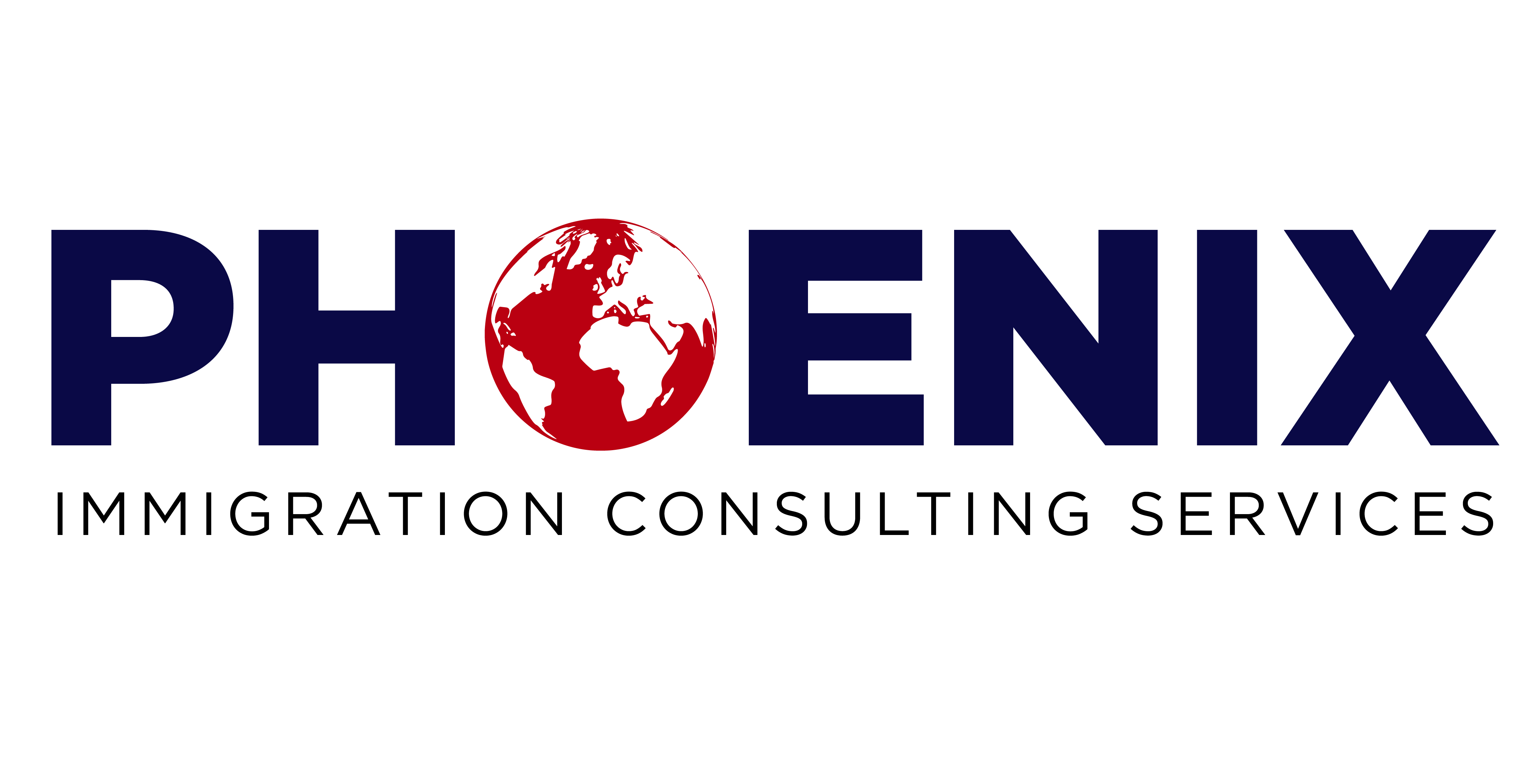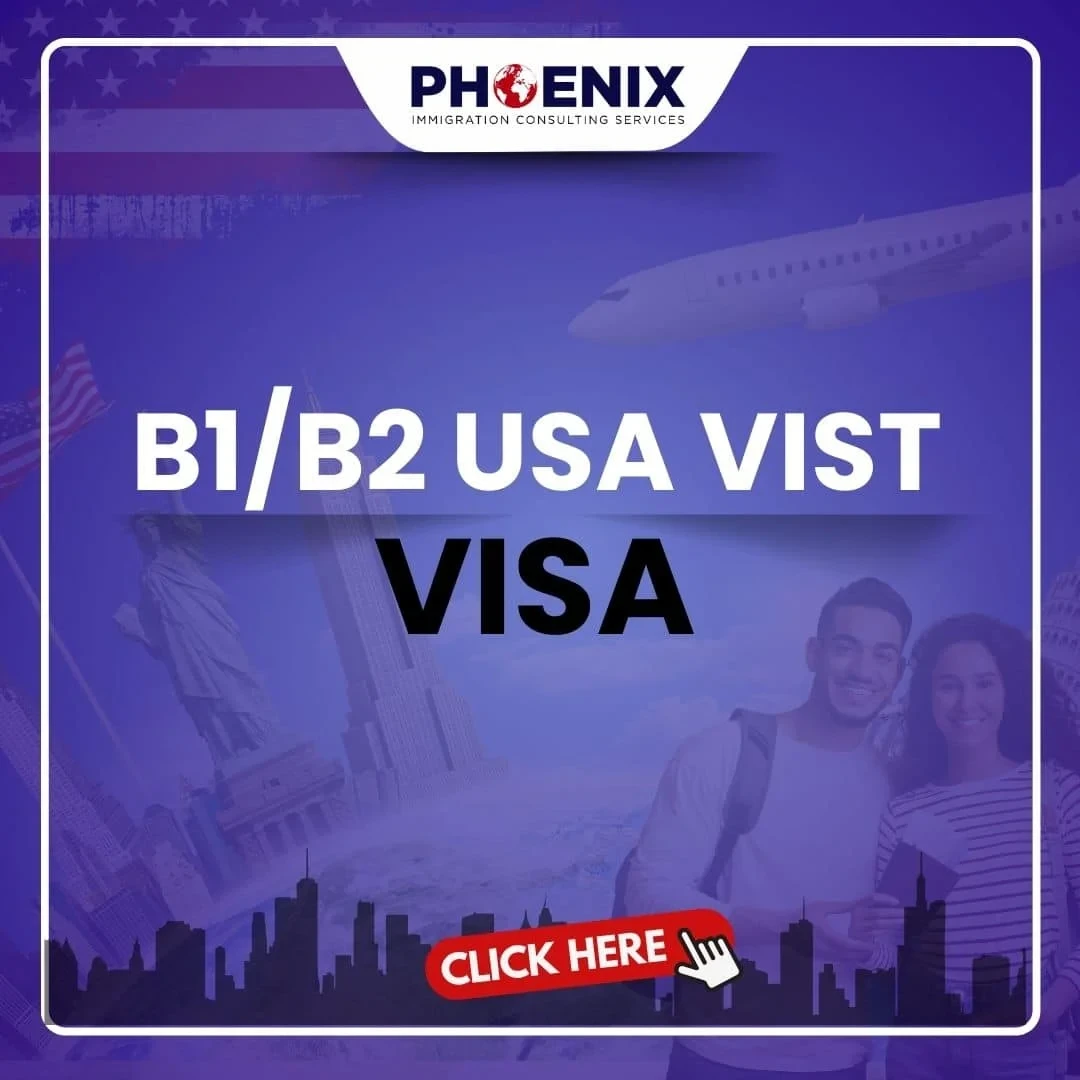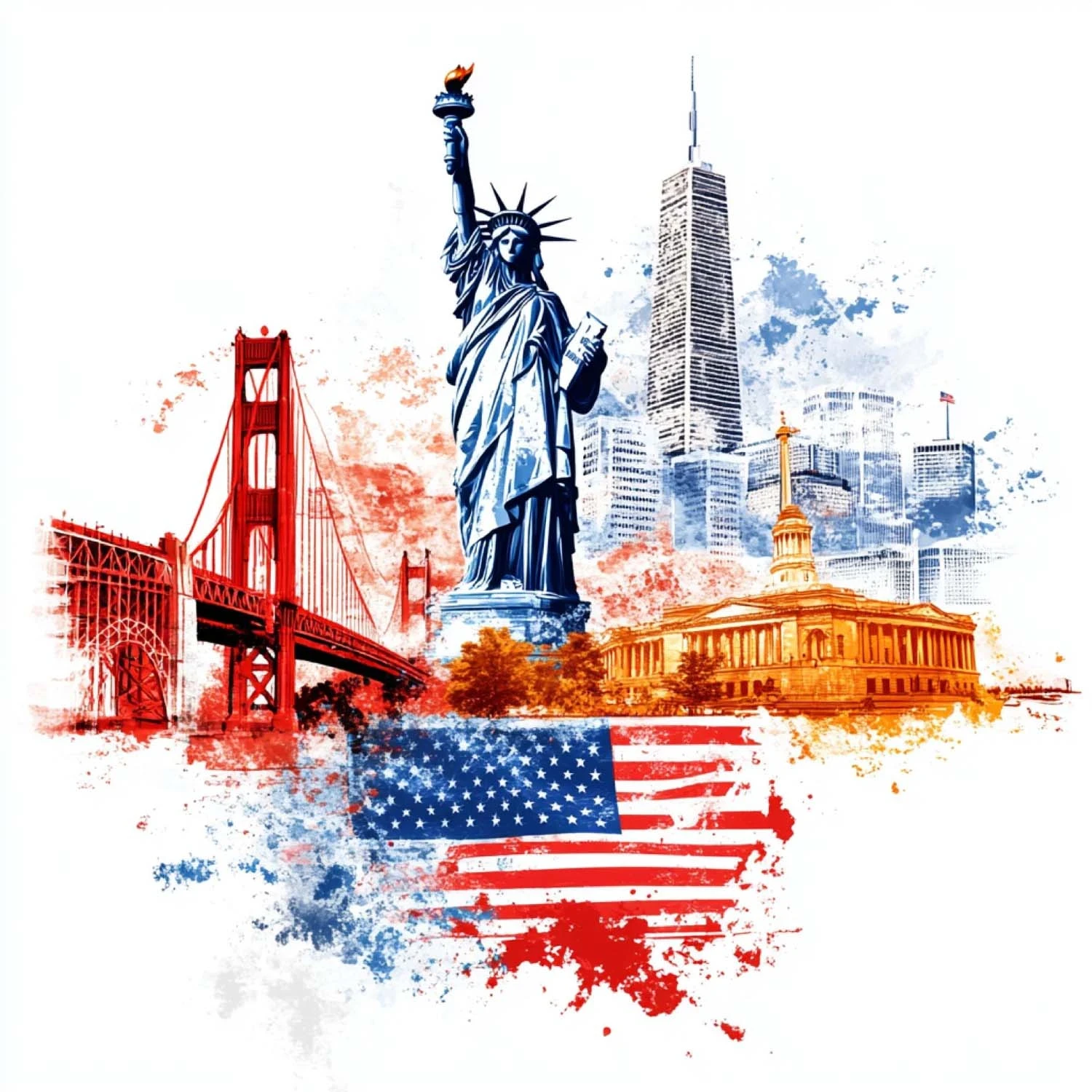B-1/B-2 Visitor Visa
Travel to the United States for Business or Tourism
The B-1/B-2 Visitor Visa permits legal entry into America for a short period of time whether for recreation, business, family purposes, or even healthcare. This flexible visa type caters to short term travel requirements. It includes attending professional meetings and events, and going on trips, participating in the culture, receiving healthcare, and visiting relatives.
At Phoenix Immigration Consulting Services, we assist individuals and families with the tailored B-1/B-2 visa procedure. This includes strategic planning, completing forms, document preparation, and coaching for the personal interview to guarantee that each application is submitted with assurance and complete example.
Understanding the B-1/B-2 Visa
The B-1/B-2 Visa is a U.S. non-immigrant visa intended for visiting the country temporarily for business or personal purposes. It is most commonly issued with both categories combined. The B-1 part is for business purposes such as attending training, contract negotiations, and partnership consultations. The B-2 part is for personal travel which includes tourism, vacations, family visits, medical treatment, and attending cultural or religious gatherings.
Based on nationality, the visa may be issued for up to ten years, permitting multiple entries. Each entry allows stays of up to six months, which can be extended under some circumstances.
Why the B-1/B-2 Visa Is Valuable
The B-1/B-2 Visa is one of the most adaptable U.S. visas since it allows travelers to mix business and tourism. The longer validity and generous stay limits make it easier for frequent visitors. There is no job offer, sponsorship, or labor certification required which makes it easier to get. The spouse and children of the primary applicant may also apply to travel with them.
The visa is also helpful for people coming for medical treatment in the U.S. It must be accompanied by documents from licensed physicians and proof of funds to cover expenses.
Who Can Apply
Individuals must prove that their visit is short-term and for allowed activities. Having a valid passport, no issues with immigration history, and being able to fund the trip are vital. Proving bonds with the home country is equally crucial, be it in the form of a job, family, or owning assets, as they provide assurance to the U.S. regarding the client’s return. At Phoenix Immigration, we assist in outlining the purpose of their trip, the necessary supporting documents, and effective visa interview preparation.
Documentation and Requirements
Great preparation and supporting documentation are key factors in achieving a successful B-1/B-2 application. With the completed DS-160 form, proof of payment, valid passport, appointment confirmation, and compliant photos, the applicant should also submit the relevant supporting documents. Those should be associated with the purpose of travel, for example, invitation letters for business or family visits, medical records for treatment, or documentation proving that they are attending a conference or other events.
Proof of financial capacity, such as bank statements, tax returns, or salary records, as well as strong home-country connection documents, such as employment letters, property deeds, or other home real estate documentation, will strengthen the case.
How Phoenix Immigration Can Help
We provide comprehensive support from start to finish. Our team ensures that your DS-160 form is accurately completed and your supporting documents are organized to highlight financial stability, travel intent, and personal ties. We offer consulate-specific guidance for scheduling and preparing for your interview, along with mock interview practice to build confidence and ensure clear, concise responses. Even after visa approval, we provide post-arrival guidance to help you comply with U.S. immigration regulations during your stay.
Timeline and Process
Most applicants spend one to two weeks gathering documentation and submitting the online application. Consular appointment wait times vary depending on the applicant’s location and season but often range from two to eight weeks. Interviews are typically brief, with decisions made on the same day and passports returned within a few business days for approved cases. To avoid delays and manage peak seasonal demand, it is best to begin the process at least two to three months before your planned travel date.
Take the Next Step
The B-1/B-2 Visitor Visa offers unmatched flexibility for individuals and families seeking to travel to the United States for short-term purposes. With Phoenix Immigration Consulting Services, you gain a trusted partner to guide you through each stage of the process with precision and confidence.
📞 Contact us today to schedule your consultation and begin planning your journey to the United States.


